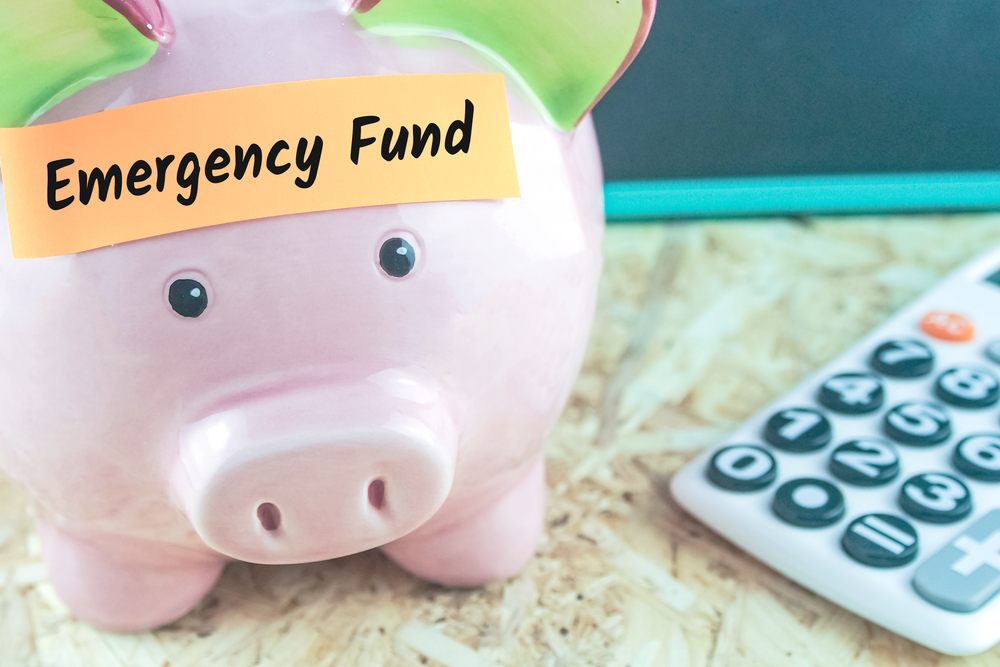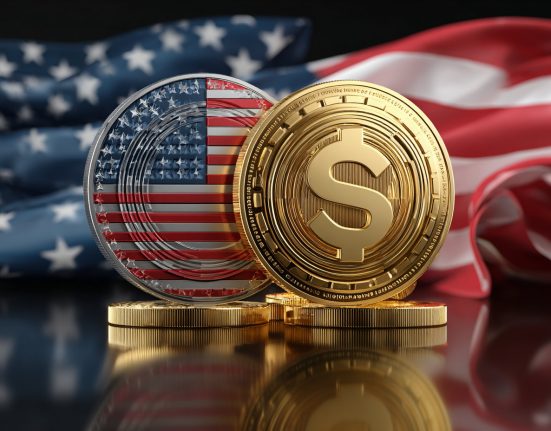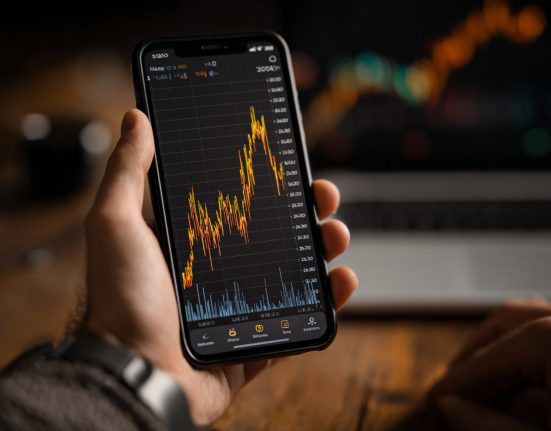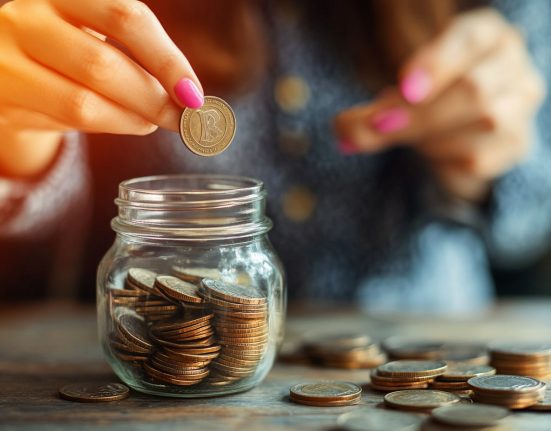Do you have enough emergency savings?
Even if only a small emergency hits, millions of Americans will be financially unprepared, according to the 2022 Economic Well-Being of US Households report released by the Federal Reserve in May 2023. Indeed, just 63% of adults said they could cover a hypothetical $400 emergency expense exclusively using cash or its equivalent — like tapping their savings or a charging a credit card paid off at the next statement — down from a high of 68% in 2021.
Pros urge Americans to commit to building up emergency funds. “Emergency savings is a buffer between you and high-cost credit card debt or having to sell assets at an unfavorable time when unplanned expenses arise. You’ll sleep better at night knowing you have money tucked away for life’s inevitable emergencies,” says Greg McBride, chief financial analyst at Bankrate. And the good news here is this: Many savings accounts are now paying the highest rates in 15 years.
Furthermore, “the significance of building up emergency savings lies in the tranquility it provides amidst life’s uncertainties. By cultivating a robust financial cushion, you can confidently navigate unexpected expenses without compromising your long term financial wellbeing,” says Blaine Thiederman, certified financial planner at Progress Wealth Management.
Pros recommend somewhere between saving 3-12 months worth of essential expenses. The right amount for you depends on several factors including the size of your household, your job situation and field. We asked financial pros and certified financial planners the best ways to build up emergency savings to ensure that you’re able to cover the unexpected:
1. Explore additional income streams
Consider taking on supplementary work or freelance opportunities — otherwise known as a side hustle — to generate extra cash flow. “This incremental income can significantly contribute to your emergency savings goals,” says Thiederman.
2. Set up direct deposit
“Successful saving is all about the habit and the easiest way to establish the habit is to have a direct deposit from your paycheck or an automatic transfer from your checking account into a dedicated savings account,” says McBride.
3. Track your spending
Another thing worth doing is tracking your spending against your net income and tallying both up at month-end. “If the amount deposited into your checking account exceeds your monthly expenses, transfer the surplus into your savings account. This gives you a second bite at the savings apple,” says McBride.
4. Cut back on unnecessary expenses
“Doing things like frequently buying coffee from coffee shops, eating out or subscribing to every streaming service under the sun might seem like good ideas at first, but they probably won’t be worth it in the long run if you don’t have any money left over for an emergency. While it might not seem like a lot at first, cutting back on daily $3 cups of coffee or $15 subscription fees can help you save a fair amount of money over the long term,” says Jacob Channel, senior economist at LendingTree.
5. Make debt payments on time
Try to pay off what you owe in a timely manner. “There’s nothing inherently wrong with having a credit card or borrowing money to pay for big purchases like a car or a house, but if you don’t keep up with your monthly payments, they could quickly grow out of control and make saving up for an emergency fund all but impossible,” says Channel.
6. Attain a new money mindset
“Make saving a non-negotiable part of your financial routine. Treat it as a disciplined commitment, ensuring consistent contributions to your emergency savings,” says Thiederman.
7. Take baby steps
“Like getting in shape, ask yourself what you can do. Someone that has never been to the gym is unlikely to get up at 4am, go to Lifetime Fitness, take 3 classes and run a 10K. But they can probably get up at 7am and go for a walk before work. Unless it’s things that are dire like a car being repossessed, start small. Don’t let the perfect be the enemy of the good,” says certified financial planner Mark Struthers at Sona Wealth Advisors.







